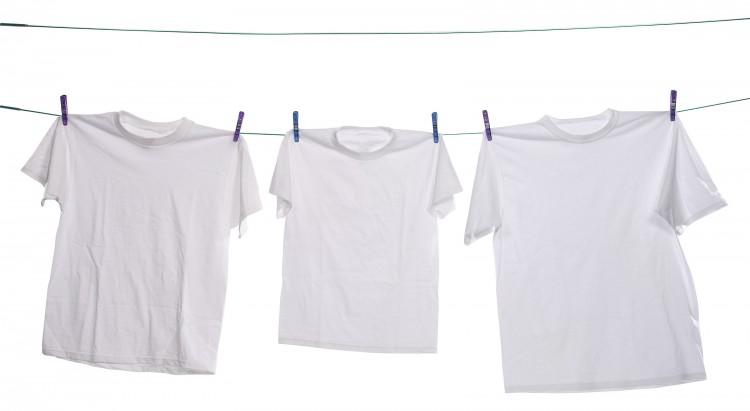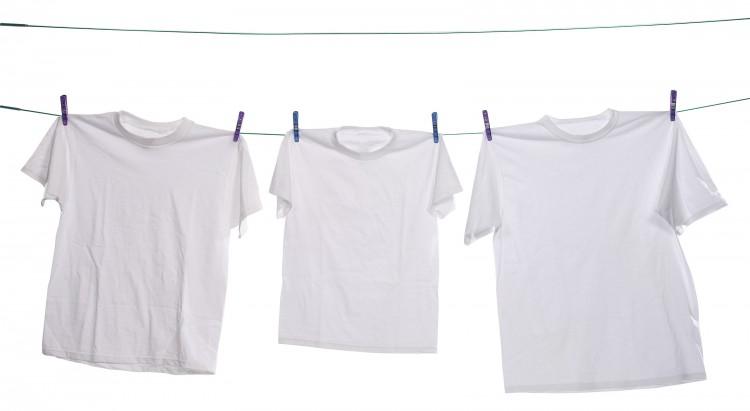U.S. researchers have developed an environmentally friendly process that stores electrical energy in cotton clothing and could be used to recharge electronic gadgets.
“We wear fabric every day,” said study co-author Xiaodong Li at the University of South Carolina (USC) in a press release. “One day our cotton T-shirts could have more functions; for example, a flexible energy storage device that could charge your cell phone or your iPad.”
The new method is green and very inexpensive. Previously, such materials have only been produced via complicated processes with harmful side products.
Li’s team dried out a cheap cotton T-shirt after soaking it in a fluoride solution, and then baked it at a high temperature without oxygen to prevent the cotton from burning.
Cotton consists mainly of cellulose fibers. Using infrared spectroscopy, the scientists found that baking the fabric this way transformed it from cellulose to activated carbon.
The converted material remained flexible and could be folded without breaking, while also storing electric charge, forming a double-layer capacitor. (A capacitor is an electronic component that stores electrical charge and is found in many devices.)
The scientists took the process one step further and coated the activated carbon textile fibers with a nanometer-thick layer of manganese oxide to greatly improve their energy storage capacity.
The resultant hybrid is a stable high-performing capacitor that can store high densities of energy and is resilient; its performance does not decrease more than 5 percent even after thousands of charge-discharge cycles.
“By stacking these supercapacitors up, we should be able to charge portable electronic devices such as cell phones,” Li said.
“We will soon see roll-up cell phones and laptop computers on the market,” he added. “But a flexible energy storage device is needed to make this possible.”
The paper was published in the June 26 issue of Advanced Materials.
The Epoch Times publishes in 35 countries and in 19 languages. Subscribe to our e-newsletter.







